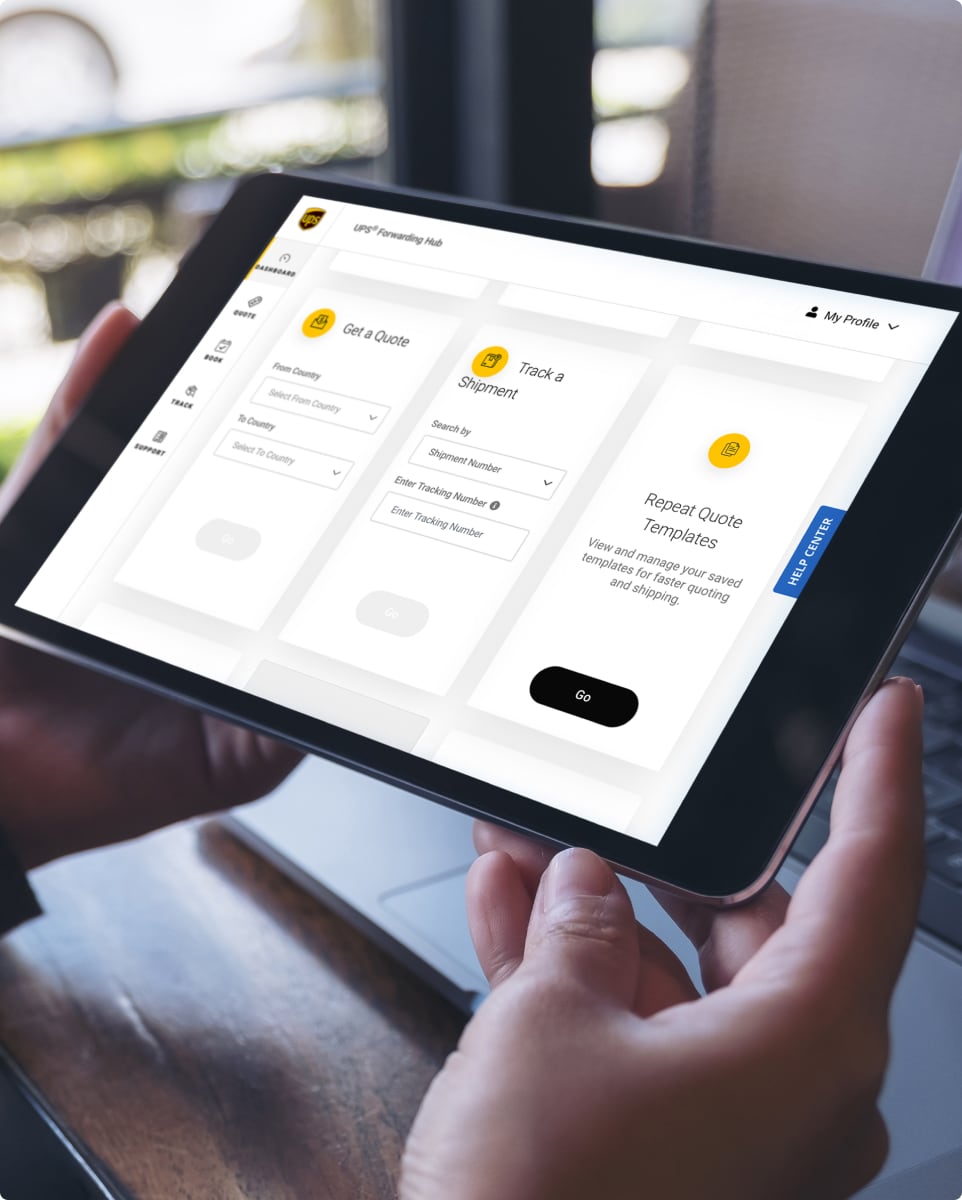UPS Incoterms 2020

In international trade, Incoterms® rules define the shipping responsibilities of the buyer and the seller.
Short for INternational COmmercial Terms, they establish who pays for what, where responsibility for a shipment begins and ends and how both sides manage risk. See how they've been updated for 2020.
What are Incoterms rules?
Incoterms, or INternational COmmercial TERMS, are a set of rules that define—in a shipping contract—who is responsible for covering insurance, freight and transportation costs, as well as when these cost responsibilities and the assumption of risk shift from the buyer to the seller. They help facilitate international trade by providing common reference points. Incoterms rules are revised every 10 years by the International Chamber of Commerce Commission (ICC). For more information, see our Incoterms FAQs.
Major changes for 2020
DAT is now DPU
In order to broaden the scope to allow a delivery location other than just a terminal, DAT (Delivered at Terminal) has been replaced by DPU (Delivered at Place Unloaded). This means the goods are delivered once unloaded at the agreed-upon place.
Allocation of cost has been clarified
Due to increasing disputes about the allocation of costs, especially those in or around the port or place of delivery, the precise allocation of costs between seller and buyer has been improved. The broad principle is that the seller is responsible for costs incurred up to the point of delivery, and the buyer is responsible for costs beyond that.
Security obligations are better defined
New transport security requirements (e.g. mandatory screening of containers) have become more prevalent. These requirements can add cost and risk delay if not fulfilled. The 2020 Incoterms rules make security obligations more prominent; these are covered in A4/A7 in each Incoterm.
Responsibilities when seller/buyer uses their own transport
Previous Incoterms assumed the transport of the goods between seller and buyer would be handled by a third-party carrier. They did not deal with situations where transport was provided by the seller or buyer (e.g. the seller's own truck). That position is now clarified in the FCA (Free Carrier) Incoterm: the buyer is required to "contract or arrange, at its own cost, for the carriage of the goods from the named place of delivery."
Overall usability has been improved
Explanatory notes for each Incoterm are more detailed and pictures are more useful.
Each Incoterm has been reordered so the delivery obligation (the key part) is more prominent, now in A2.
A new tool lets you compare each Incoterm element across all Incoterms. (e.g. you can view the delivery in A2 across all Incoterms.)
Multimodal Incoterms are now separate from maritime-only Incoterms, which reduces the risk of using the wrong one.


The UPS® Forwarding Hub. Your shipping. Your way.
Your job is to keep all the moving parts of global freight forwarding moving forward, no matter what. That's why our all-in-one customer portal lets you get and compare quotes, book and track shipments and manage those shipping details on one modern, easy-to-navigate dashboard. Just how you like it.


